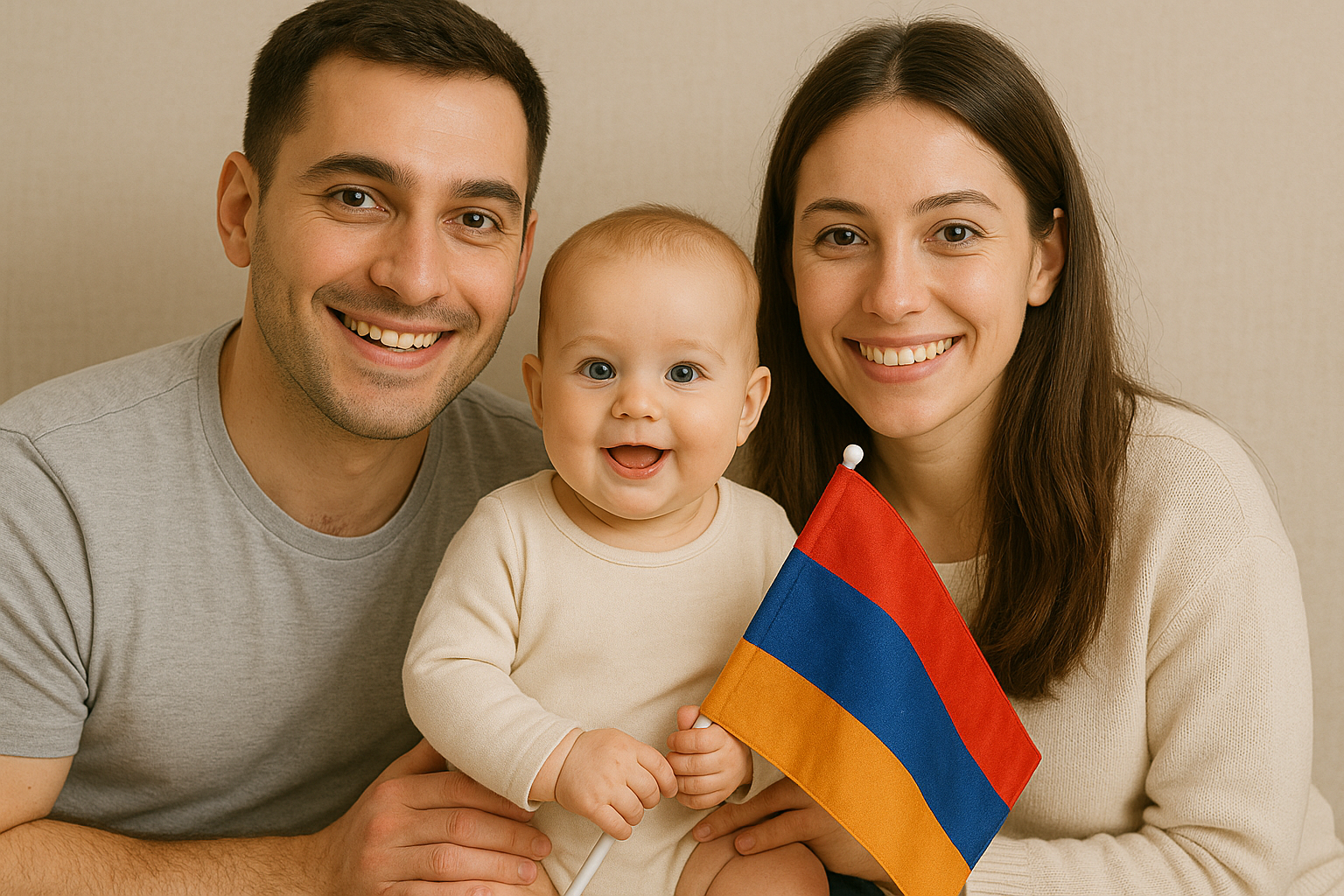Parents
Considering A Twin Surrogacy? Read This First
Many intended parents who want a big family consider having twins. In theory, this makes sense because you can have two babies in one journey. Unfortunately, things aren’t that simple.
Here’s what you should know if you are thinking about a twin pregnancy via surrogacy.
How Is Multiple Gestational Surrogacy Even Possible
Generally speaking, there are two ways that make it possible to have twins during a surrogacy.
- Double embryo transfer. Before an embryo is transferred, the embryos are evaluated to make sure only the healthiest ones are transferred to the surrogate’s uterus. If two embryos are found to be of high enough quality, they may both be transferred and although the chances are usually not great, in some cases a twin pregnancy occurs.
Still, this doesn’t happen by chance and the decision to transfer multiple embryos will be made ahead of time. The transfer itself is possible only after the decision was finalized in the legal contract between the intended parents and surrogate.
- The natural way. On rare occasions, a single embryo is implanted in the uterus and naturally splits, creating identical twins.
The Complications
Medically, having twins is more risky than a singleton surrogacy pregnancy.
A whopping 65% of all twin pregnancies end in premature deliveries, which means the babies will need to be hospitalized. Premature babies have a low birth weight and that increases the likelihood of developmental and neurological problems, including cerebral palsy, vision, hearing and dental problems, and behavioral and psychological problems.
The Risks To The Surrogate
There are good reasons why doctors recommend a singleton surrogacy pregnancy and some of them are related to the health risks to the surrogate mother. Those risks include preeclampsia, gestational diabetes, placental abruption, C-section and more.
The Costs
Because of the risks and the fact that the surrogate is carrying two babies, a twin pregnancy will cost you more. Here are some estimates, but keep in mind that prices may vary from case to case.
- You can expect to pay around $7,500 extra to the surrogate just for carrying multiples.
- If the surrogate will have difficulty during the pregnancy, and the odds for that are high, it can mean she will be prescribed bed rest. That can add up to an extra cost of $1,000 per week for housekeeping, lost wages and if she has kids of her own, childcare as well.
- In most cases, twin pregnancies end in a C-section delivery, which can add approximately $5,000-$10,000 to your total, depending on your insurance.
While on the topic of C-section and surrogacy, there are a few important things you should be aware of. First, whether she is carrying twins or not the surrogate gets a special reimbursement of between $3,000-$5,000 if she has to undergo a C-section. Also, a C-section is an expensive medical procedure and although it’s covered by the surrogate’s insurance, it means more out of pocket payments and copays for the intended parents. Finally, the C-section recovery time is longer than that of vaginal births and that translates into more bed rest, lost wages and childcare and costs.
- The surrogate's insurance can't cover the babies’ medical care and when the intended parents aren’t US residents, they don't have the option of purchasing standard insurance for their newborns. This means the intended parents have to pay all the medical costs that apply to the babies. The only option other than that is to purchase a specialized insurance policy for newborns via surrogacy before the embryo transfer, which can cost well over $40,000 per baby. Premature multiples involving significant NICU time in the US can easily escalate to a hospital bill of over $500,000.
- There’s a high likelihood that the babies will be in NICU for at least two to four weeks, which costs about $5,000 per baby per day.
- The surrogate will probably need additional medical care during the pregnancy and delivery, which will also add to your final cost.
Now that you are fully informed, you can assess the risks and advantages of a single or multiple embryo transfer and make an educated decision. If you still have questions or concerns, we invite you to consult with our expert board members, Xiomara and Yishai, about surrogacy, egg donation, fertility agencies and all things third-party reproduction related. The consultation is completely free.
After working in the third party reproduction industry for many years, Xiomara and Yishai have witnessed the challenges and difficulties facing intended parents. They made it their personal mission to give intended parents the support and help they need on their journey. Between the two of them, Xiomara and Yishai share a wealth of knowledge of over 10 years in the world of third party reproduction in North America. Over the years, their individual professional careers have given them a unique and holistic view and understanding of the ins and outs of this field.
Xiomara Hernandez is an international liaison at Idaho Center for Reproductive Medicine; Yishai Eliason is an international liaison and 3rd party coordinator at New England Fertility Institute.





